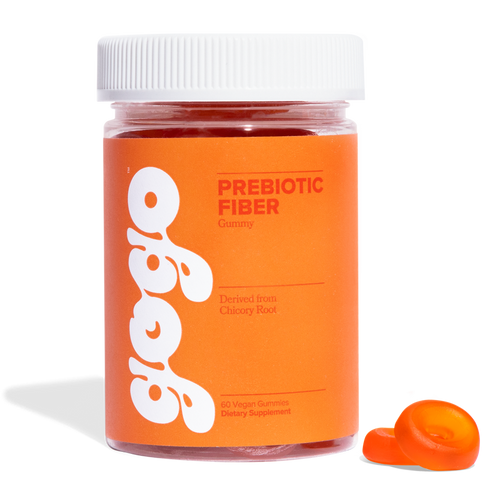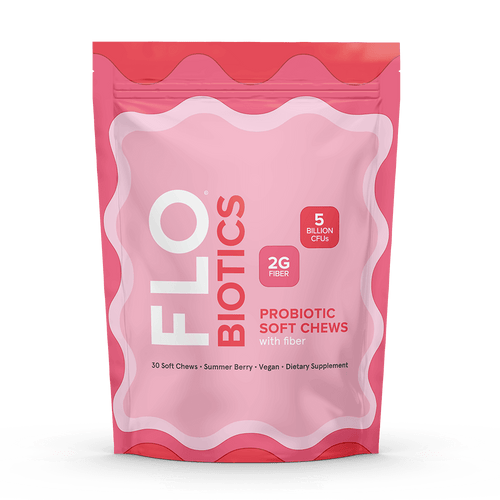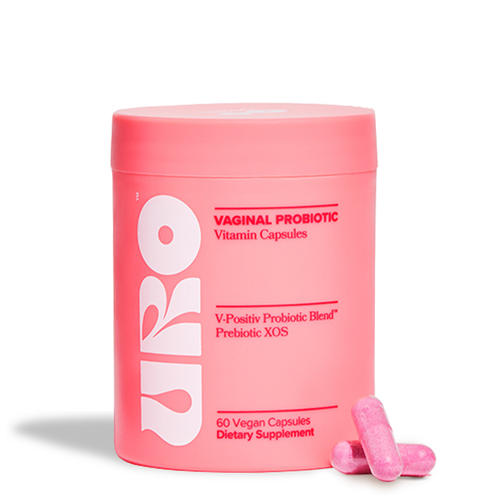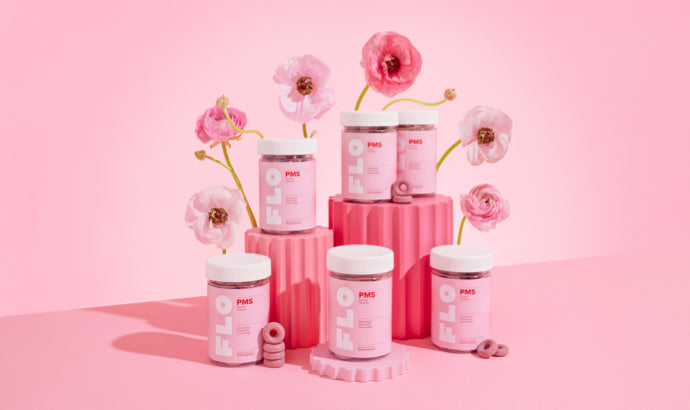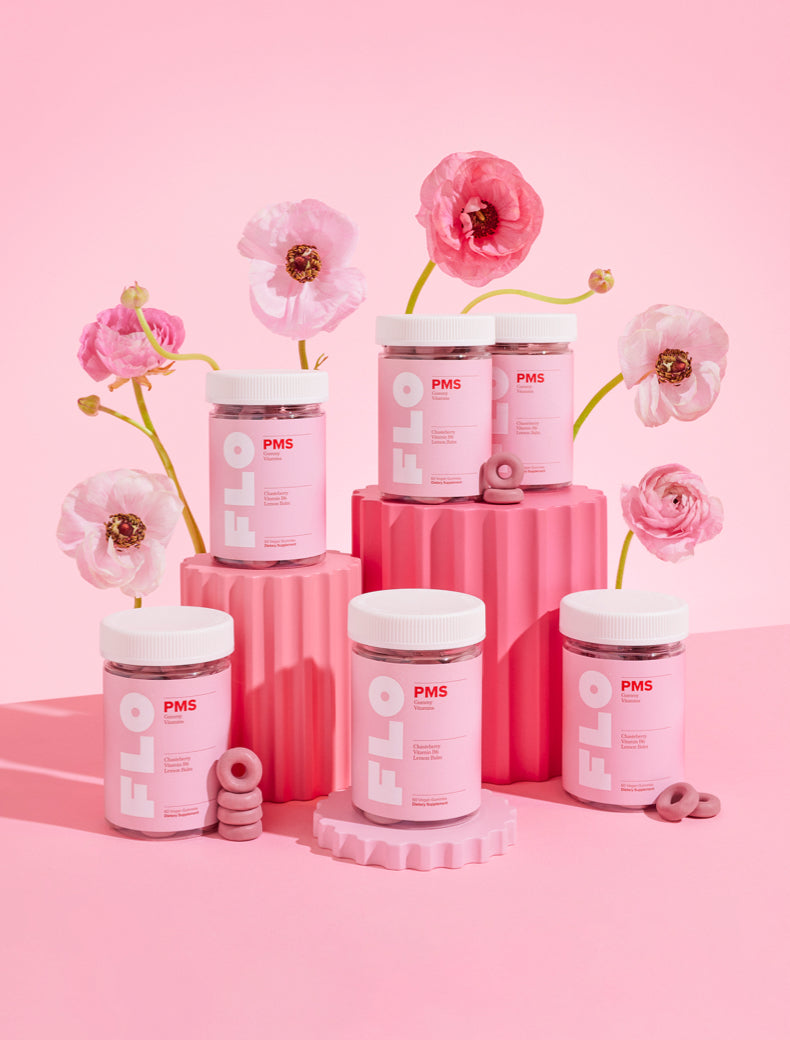As a woman, you are subject to the effects of hormones surrounding your menstrual cycle, which can lead to symptoms like bloating, mood swings and our arch-nemesis: hormonal acne.
The thing with acne is that many factors can cause it, not just hormones. Stress and skin care products can also influence your skin and sometimes cause acne breakouts.
Keep reading to learn how to identify hormonal acne and the best ways to treat it.
What Causes Acne?
Hormones called androgens are the primary culprits behind acne. These hormones are most influential a few days before your period, which is why you may notice changes in mood and even breakouts a couple days leading up to your period… we’ve all been there! Naturally, when estrogen levels are at their peak, they trigger several different changes in the body—including how much oil the skin produces. When levels drop back down to normal or dip even lower, sebum production increases and so does the appearance of clogged pores and inflammation of the skin.
Effects of PMS & Menopause on Acne
PMS is a common acne stressor, too. It is common for women to experience hormonal acne breakouts during pregnancy, menopause or one to two weeks leading up to their period. Premenstrual syndrome, or PMS for short, is the condition encompassing symptoms you may experience in the weeks before your period starts, including:
- Bloating
- Breast tenderness
- Cravings
- Fatigue
- Mood swings
Menopause may cause hot flashes and symptoms similar to those experienced during PMS. Some women may develop acne for the first time during menopause. So, sorry to break it to you—the idea that acne stops after puberty is nothing more than a myth.
Lifestyle Factors That Can Cause Acne
Additional factors that may worsen stress and existing acne include sleep deprivation, diet and weight.
If you don't get enough sleep, your body produces stress hormones (aka cortisol) that can cause acne. Sleep deprivation can also make you crave junk food high in refined carbohydrates. Poor sleep and a diet high in sugar can lead to inflammation, weight gain, and worsening acne.

PMS Sugar-Free
Capsule
Proactive PMS Relief
What Treats Hormonal Acne?
Acne is complex, and the problem with the beauty industry is that so much misinformation is being spread on the internet about what really works for your skin—most of it being unfounded. Besides consulting with your doctor, a variety of things that can help reduce the appearance of your acne include:
- Regularly change pillowcases
- Avoid picking at or popping pimples
- Get at least seven to eight hours of sleep every night
- Eat a healthy, well-balanced diet
- Use skincare products for your specific needs
For acne caused by hormonal fluctuations, some women may benefit from taking oral contraceptives to help regulate hormone levels. Natural alternatives and vitamin supplements are also available to help relieve hormonal acne and other symptoms of PMS or menopause. Consult with your healthcare provider before making any changes to your diet or supplement intake.
Diet Treatments for Acne
Your body requires a variety of nutrients to function and stay healthy. You’re more likely to experience acne if your diet is full of sugary foods and drinks like soda, white bread, and pastries.. Try to eat a nutritious and balanced diet rich in:
- Vegetables
- Fresh fruits
- Whole grains
- Nuts and seeds
To help reduce acne, it's important to limit processed foods with unhealthy fat and a lot of sugar. Why? These ingredients increase our insulin levels, which means we are producing more oil, which only means more pimples.
If you're concerned about whether you're getting all the nutrients you need to keep your skin healthy, consult with your healthcare provider. If lifestyle intervention doesn’t help, they may recommend the use of a high-quality supplement.




